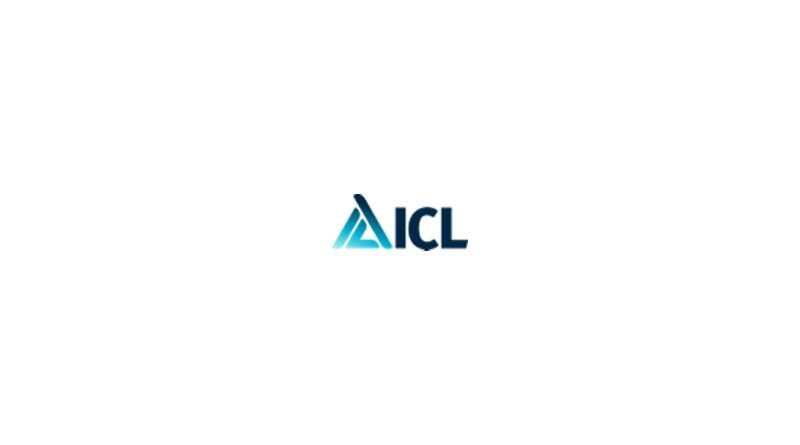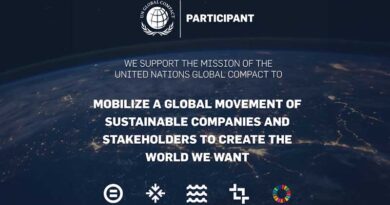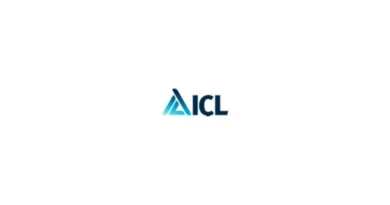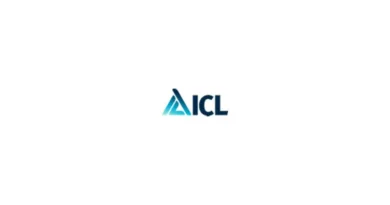The Meaning of Corporate Social Responsibility
01 August 2022, Israel: What is Corporate Social Responsibility (CSR)?
People, Planet, and Profits
Corporate social responsibility (CSR) is an exciting concept that is transforming the relationship between companies and people – and how we all function within our fragile global ecosystem.
Generally speaking, corporate responsibility is about responsibly managing the direct and indirect effects of the corporation; both interpersonal effects on employees, suppliers, and consumers, as well as outward effects on the environment. This includes managing responsible influences in different aspects such as Environment, Social, and Governance (ESG).
While the aim of corporate governance is to reduce negative impacts and increase the positive impacts on stakeholders through ongoing business-commercial-operational activities, CSR refers only to aspects of social responsibility.
Accountability, stakeholder participation, sustainable development, and transparency are among the guiding principles of responsible business conduct. When a business conducts appropriate CSR, it not only promotes social causes externally, but also implements its social policies within the business, thus making a positive social impact, and holding itself accountable for its social commitments.
The goal is to create profitable and sustainable business models, minimize the negative impact on the environment, and have a positive impact on individuals, communities, society – and humanity.
Why should a company invest in Corporate Social Responsibility?
The world is changing and the public has increasing expectations of ethical behavior from corporations. Companies inevitably impact communities whenever and wherever they do business. The benefits of corporate social responsibility more than justify any investment.
Corporations that embrace the concept of CSR – and implement it innovatively – are more likely to prosper. They become the companies that people prefer to do business with and develop the power to build deep roots in the economic landscape.
Socially responsible companies also attract and retain the best and most talented people. When CSR creates widespread employee and community engagement, corporations can tap into the wisdom of crowds, driving the pace of innovation.
BlackRock CEO Larry Fink said in 2020 that, “… a company cannot achieve long-term profits without embracing … the needs of a broad range of stakeholders,” He also includes customers, employees, suppliers, and the communities where the company operates in his wider definition.
The importance and impact of CSR in today’s world
Corporate social responsibility and sustainability are emerging as key issues in the 21st century. Recent events like the United Nations Climate Change Conference of Parties (COP 26) attracted national Heads of State and huge media coverage. Sustainability is no longer a media buzzword, it’s an urgent agenda at the core of strategic policies.
ICL is at the forefront of this global shift. Rather than asking what is corporate responsibility – we are continually and proactively redefining the concept. We’re also working to anticipate new trends in corporate and environmental legislation and structure our operations to preempt inevitable changes. Companies that are forced to react to a new regulatory culture will be at a profound disadvantage.
How is Corporate Social Responsibility defined today?
There are countless good examples of social responsibility and sustainability, but CSR generally falls into five broad categories. All of these categories readily complement each other and there is often an overlap when companies attempt to define exactly what is corporate social responsibility. The five broad categories of CSR are:
- Philanthropy
- Volunteering
- Ethical
- Environmental
- Social
Philanthropy is arguably the original precursor of 21st-century corporate responsibility. Industrialist Andrew Carnegie made a fortune in steel and gave away an estimated 85% of his wealth before he died. His 1899 essay The Gospel of Wealth should be foundational reading for modern CEOs concerned with CSR. Salesforce pioneered the innovative 1-1-1 philosophy. It gives away 1% of its equity, 1% of its product, and 1% of its employees’ time annually.
Volunteering is a unique way to harness the talents, energy, and enthusiasm of employees and channel them into initiatives focused on supporting local communities. Properly managed, volunteer programs hold a high value as bonding exercises within a company.
They not only improve employee morale but create introductions and build valuable relationships across a diverse range of teams and departments. The company itself is quickly perceived as a positive and credible force in the community and its position is strengthened.
Ethical considerations underpin every aspect of CSR, even though traditionally the corporate world was skeptical about the practicality of introducing ethical considerations into the financial decision-making process.
Environmental responsibility is the public face of CSR. Ask the average member of the public what is corporate social responsibility and they will give a high priority to safeguarding the environment. Zero carbon footprint and sustainability are now a direct obligation for all companies and government organizations.
There are also tangible financial benefits to a well-thought-out corporate environmental policy; shortened supply chains and local sourcing can cut costs. A shrewd investment in green technology can open the door to massive future savings.
Social responsibility is a concept that attracts dozens of definitions. We see it as investing in human beings and investing in local communities. Education is the world’s most powerful force for positive change, and offering advanced training to employees and the opportunity – and encouragement – to realize the innate personal potential is a life-changing policy.
Targeted investment in community assets like schools, recreation centers, health care facilities, and local charities can transform the quality of life for an entire town.
Benefits of Corporate Social Responsibility
The benefits of corporate social responsibility are immense. They can be summarized quite simply: When you leave the house in the morning and go to work, you’ll know that each day’s work will make the world a slightly better place.
That’s a privilege that was previously only available to people in altruistic professions with a tangible impact on the lives of others. When companies successfully implement corporate social responsibility and sustainability, with philanthropic schemes and employee volunteer programs, employee morale and motivation can surge.
The challenges of defining exactly what is corporate social responsibility within a specific business context can create a new culture of thinking and innovation. CSR is already stimulating massive research and development programs and creating a wealth of exciting business opportunities. There has never been a better opportunity for companies to build valuable grassroots community connections and optimize their human talent.
Environmental, Social, and Governance Criteria (ESG)
Corporate social responsibility is the philosophical foundation that is driving a revolution in how companies function as part of our global society. Environmental, social and governance criteria are the metrics that enable investors, potential partners, clients, and any stakeholder to quantify the effectiveness of a company’s commitments to CSR.
Clearly defined ESGs also allow a company to set attainable goals (and effectively channel financial resources and employee altruism). Environmental, social and governance criteria help companies to optimize their sustainability and CSR efforts and obtain the same efficiency and accountability that is fundamental to any other corporate project.
ICL’s Approach to CSR
ICL has always been a pioneer, leading the way in fields as diverse as mining, agriculture, food ingredients, and advanced fire prevention products among others. The company was quick to see the benefits of corporate social responsibility initiatives that became pillars of ICL’s environmental, social, and governance standards. ICL’s commitment to sustainability and ESG is at the core of everything we do.
As an industry leader in ESG, ICL lives and views corporate social responsibility as an opportunity to make the world a better place and to stimulate exponential corporate growth. We do this on a daily basis by implementing sustainable business practices and instilling ethical practices and long-term thinking into the DNA of our company.
At ICL we are well on our way to successfully implementing our own bold sustainability vision. We are working to be entirely carbon-neutral by 2050. We are also advocates of and continually take action to support the United Nations 17 Sustainable Development Goals.
Within our own corporate environment, we’ve included almost 40% of our employees in volunteer programs and are performing effective outreach to our local communities. In the past 5 years, ICL has invested 35 million dollars in advancing education, supporting our local communities, and advancing food security.
ICL works tirelessly to identify specific problems and address them with practical and innovative solutions. We do this in cooperation with local communities, non-profit organizations, and other partners, creating a culture of dialogue and local innovation. We learn from the people we help!
Also Read: Tropical Agro’s biological product Tag Carb-N launched in Raipur














